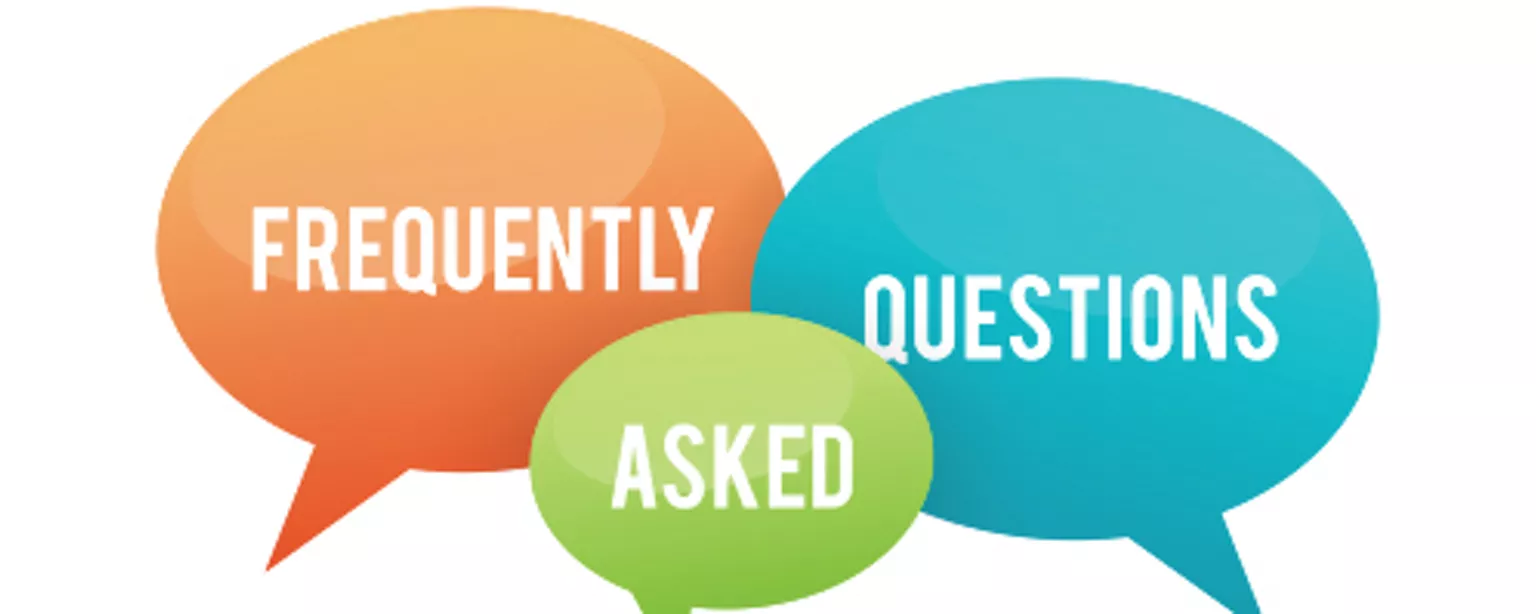Once the excitement of landing a job interview fades, anxiety may set in. Every company has its own hiring criteria and process — what will this interviewer focus on?
While you’ll probably hear a few company- and admin-specific questions, there are several interview questions that are universal. Here are eight interview questions you should expect and how to prepare for them:
1. Tell me about yourself.
This isn’t the time to tell your life story. The interviewer has your resume and cover letter, so use this opportunity to go deeper. Why did you choose to major in business administration? What was a highlight of your last job? Be sure to customize your response to the position you want.
2. What are your greatest strengths?
Clichés will get you nowhere. All administrative candidates see themselves as “hardworking” and “goal-oriented.” Check out the keywords in the job description to get an idea of what the hiring manager is looking for, and discuss your most relevant strengths. If you’re interviewing for an executive assistant position, for example, mention your experience planning events and scheduling business travel.
3. What’s your greatest weakness?
Don't be tempted to cite traits like “working too hard” or “perfectionism” as weaknesses. These come off as insincere. Be honest, but try to choose something that isn’t crucial to the job. Additionally, explain what you’re doing to overcome this weakness. For example, “I’m overly critical of my own work and have wasted time in the past by fact-checking repeatedly, but I’ve been working on putting a time limit on my proofreading to be more efficient.”
4. What’s been the greatest challenge you’ve faced at your current job?
The key here is to identify a problem at your company without criticizing your employer or coworkers. Choose a situation in which you overcame an obstacle, which ideally resulted in increased productivity or saving money for your organization. Maybe you could talk about the additional responsibilities you took on to help keep the company running following recession-related layoffs, or the new process you introduced after a department setback that improved production efficiency.
5. Describe a situation where you experienced failure at work.
While honesty is important here, don’t simply state a failure and stop there. Explain what you learned from the failure and how you would apply that lesson in the future if you were to find yourself in the same situation. For example, you might mention that you once failed to prioritize a project so it was delivered late — but now you always pay extra attention to time management.
6. Where do you see your career in five years?
The interviewer wants to see if you’re goal oriented and realistic, too. Avoid naming a position that is too far ahead of the job you’re seeking. If you’re applying for an entry-level administrative assistant position, for instance, you might express your desire to eventually land a senior or executive assistant position. Your answer should demonstrate that you’re flexible, so try to discuss how industry trends might impact where you go next.
7. Why are you interested in this position?
The hidden question here is, “Have you done your research?” Study up on the company’s goals, mission statement and current projects. Your answer should highlight your strongest assets and tie them into the company — tell them what you can bring to the position.
8. What are your salary expectations?
Salary negotiation can be awkward, but interviewers may want to know right away if compensation is going to be an issue. Dodging the question would seem coy, so be prepared to give a salary range. Before the job interview, consult the Robert Half Salary Guide for current salary ranges in your location.
You may face strong competition for an opening, making the job interview that much more intimidating. But with some research and preparation, you might wow the interviewer and land that perfect position.








